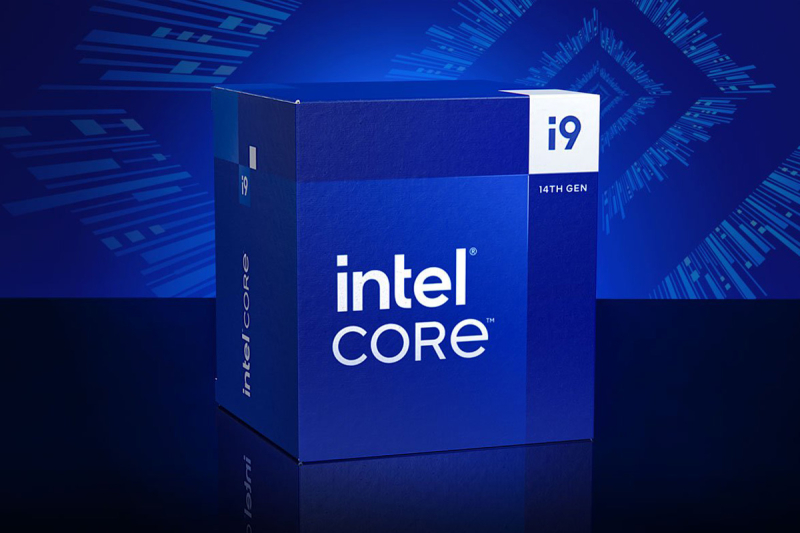The Technology section is published with the support of Favbet Tech


Intel has officially responded to the problem of compatibility of its own processors with NVIDIA video cards. Igor Vallossek from the Igor’s Lab website released a message from Intel to motherboard developers, which confirms most of their culpability in the situation. Let us remind you that we are talking about video memory errors and instability during compilation of shaders in games.
The company points to motherboard manufacturers turning off thermal and power protection to achieve faster processor performance and not adhering to Intel's recommendations. Manufacturers actually set overclocked settings as standard.
Intel has noted that this issue may be due to operating conditions that are not within specifications and result in prolonged high voltage and frequency during periods of high temperature. Analysis of the affected processors shows that some parts are experiencing variations in the minimum operating voltage, which may be due to operation outside the operating conditions defined by Intel.
While the root cause has not yet been identified, Intel has noticed that most reports of this issue are from users with unlocked/overclocked motherboards. Intel has noticed that boards with 600/700 series chipsets often have default BIOS settings that disable thermal and power protection designed to limit the impact on the processor during extended periods of high voltage and frequency, for example:
- Disable Current Excursion Protection (CEP)
- Enable IccMax Unlimited bit
- Disable Thermal Velocity Boost (TVB) and/or Enhanced Thermal Velocity Boost (eTVB)
Additional parameters that may increase the risk of system instability:
- Disable C-states
- Using Windows Ultimate Performance Mode
- Increasing PL1 and PL2 beyond Intel's recommended values
Intel requests that system and motherboard manufacturers provide end users with a default BIOS profile that matches the settings recommended by Intel.
Intel strongly recommends that customers' BIOS default settings ensure operation within Intel's recommended parameters.
In addition, Intel strongly recommends that motherboard manufacturers implement warnings for end users when using any unlocked or overclocked feature.
Intel continues to actively investigate this issue to determine the root cause and will provide additional updates when relevant information becomes available.
Intel will release a public statement regarding the status of the issue and BIOS settings recommendations in May 2024.
Previously, some motherboard manufacturers released a BIOS update with a “Baseline Intel Profile” setting and other features to prevent the problem.
The Technology section is published with the support of Favbet Tech


Favbet Tech is IT a company with 100% Ukrainian DNA, which creates perfect services for iGaming and Betting using advanced technologies and provides access to them. Favbet Tech develops innovative software through a complex multi-component platform that can withstand enormous loads and create a unique experience for players. The IT company is part of the FAVBET group of companies.

